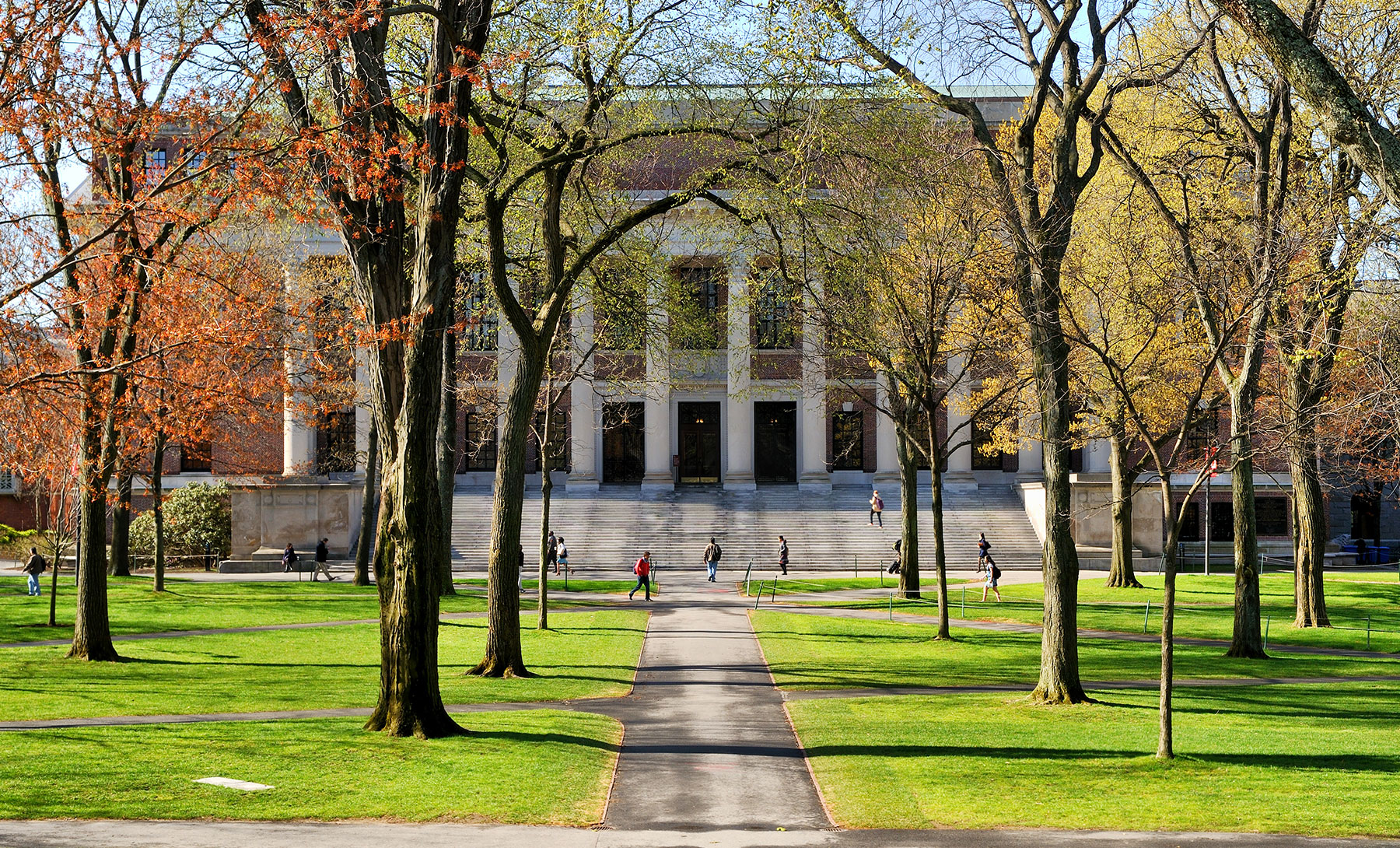Using data from the Higher Education Data Sharing Consortium (HEDS) Senior Survey, I compared first-generation students’ self-reported levels of engagement and outcomes with those of continuing-generation students at 16 private liberal arts colleges (N = 7,611). Membership in the first-generation group demonstrated significant, positive main effects on interactions with diversity, satisfaction with career services, and institutional preparation for career path. On a few variables, significant factor interactions were found between first-generation status and gender and first-generation status and race/ethnicity; no particular first-generation subgroup by gender or race/ethnicity appears to be systematically disadvantaged or advantaged relative to the continuing-generation peer subgroup.
Explorescholarly articles
The Effects of First-Generation Status on Student Engagement and Outcomes at Liberal Arts Colleges
Related Stories

Data, Assessment, & Evaluation
Staff Perceptions of First-in-Family Students in Higher Education: A Case Study of a Belgian College

Access and Persistence
“I Wasn’t Supposed to Be There”: Examining the Experiences of First-Generation Women of Color in Undergraduate STEM Majors

Data, Assessment, & Evaluation
